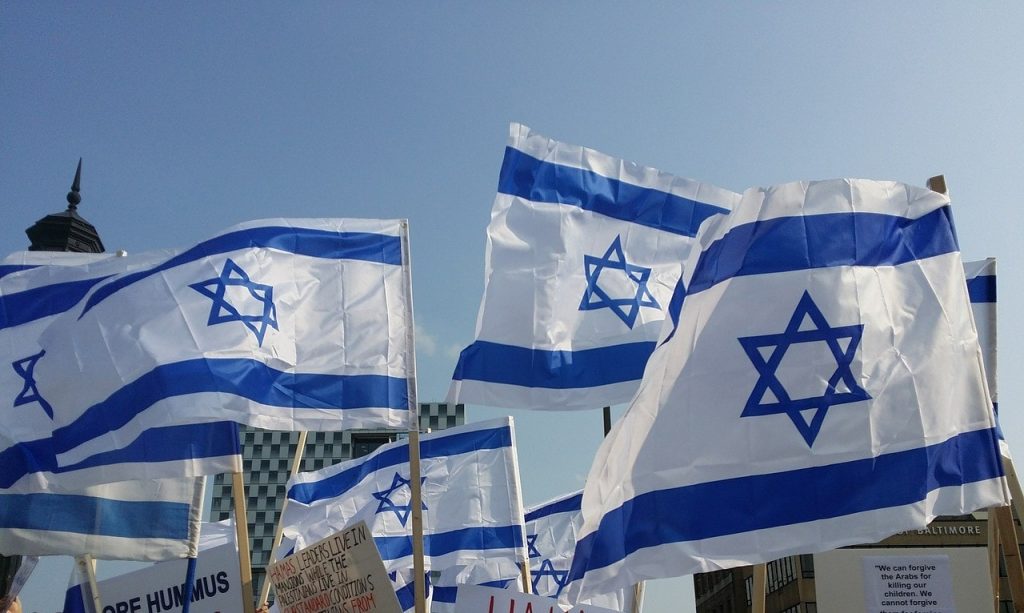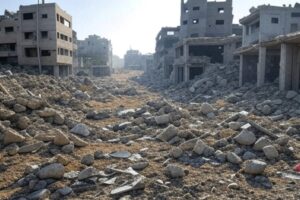
The latest round of fighting between Israel and Gaza terrorists may seem like more of the same. Some rockets, some bombings, and a truce. However, a deeper look suggests that certain things did change, and that Israel can be (cautiously) satisfied with the outcome.
First, there is the military front, where Israel’s decision to assassinate senior Islamic Jihad commander Baha Abu al-Ata changes the rules of the game.
For some time now, terrorists in Gaza could operate against Israel with near impunity, as the government pursued a policy of restraint and limited the IDF’s operational freedom. While the policy is still partly in place, the army made clear that the rules have changed. Terrorists who pose a grave threat to Israel are again a target for elimination.
Moreover, Israel stepped up its strikes as rockets continued to rain down and actively targeted terror operatives in the field. This, too, was a stark message that the IDF will no longer tolerate ongoing attacks. Indeed, the customary bombing of Gaza real estate can quickly turn into deadly precision strikes.
Diplomatic Achievement
Diplomatically, Israel’s main achievement was, surprisingly, its (indirect) engagement with Hamas. Israeli officials made clear that Gaza’s rulers were not the target of the IDF’s offensive and should remain on the sidelines. And it worked.
Hamas’ decision to hold its fire in the face of intense attacks on Gaza shows something about the group’s current frame of mind. Regardless of any fiery rhetoric, Hamas leaders apparently seek to secure a long-term truce and have little appetite for war, at least for now.
Israel also did well in the global arena, where diplomats and social media experts worked tirelessly to ensure international support. The efforts seemed to pay off as US and European officials largely condemned the Palestinian side while backing Israel.
Iron Dome Does It Again
A third achievement pertains to Israel’s defensive efforts. Officials may have exaggerated their response and enabled Islamic Jihad to paralyze parts of the country, but the final tally is encouraging.
Despite concerns that terrorists have cracked Iron Dome’s secret and can overwhelm it with heavy barrages, the anti-missile system again performed well. Interceptors shot down 90 percent of rockets headed to populated areas, helping to keep casualty figures low.
Meanwhile, the IDF tested its upgraded alert system, which now provides more focused warnings of incoming rockets. This meant that while air raid sirens were blaring in central Tel Aviv, residents in the north of the city could continue their day uninterpreted. Israel will test the new system again soon in a nationwide drill.
At the end of the day, Israel appears to have come out of this round of fighting stronger than it went in. Gaza’s terrorists, on the other hand, are now more apprehensive than they were a few days ago.
While there is no victory to celebrate, and plenty still to improve, Israel gained some much-needed confidence. This will be important as the country continues to prepare for a larger war in the north.


